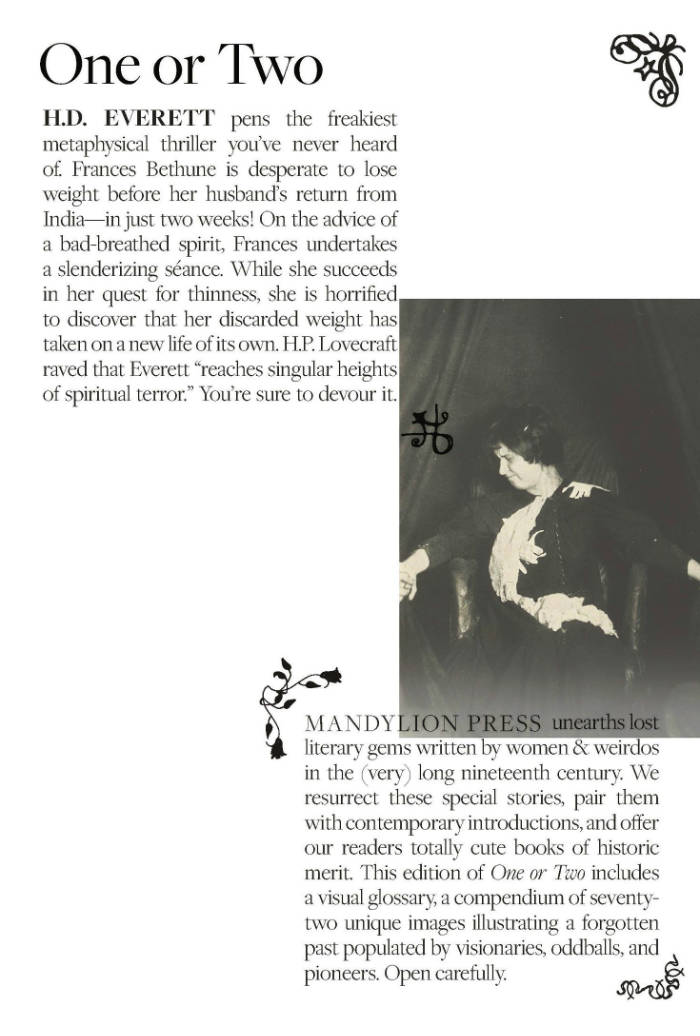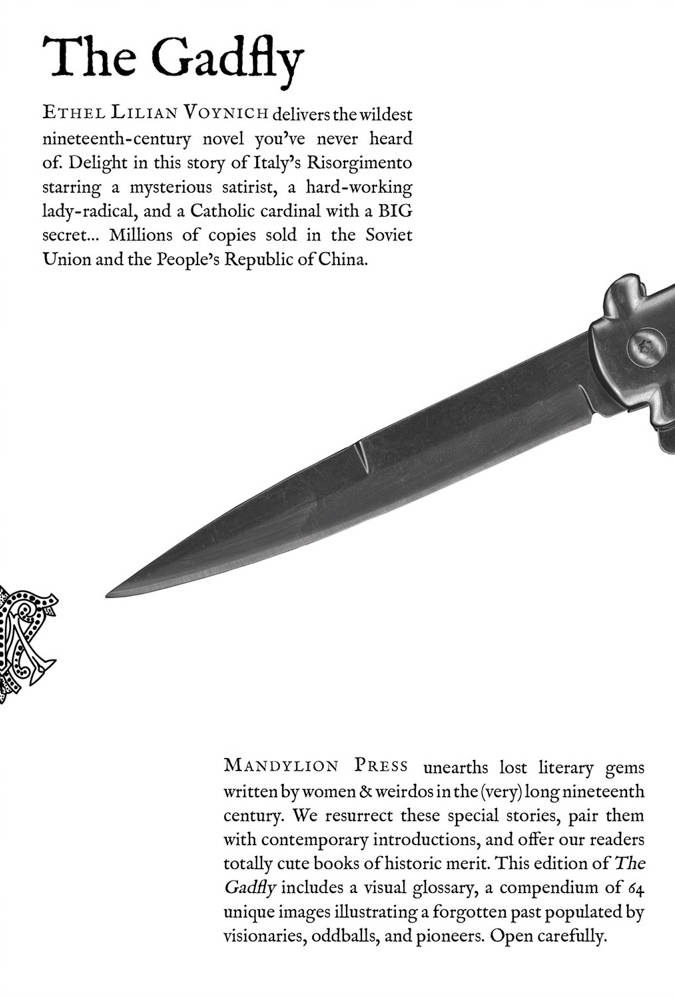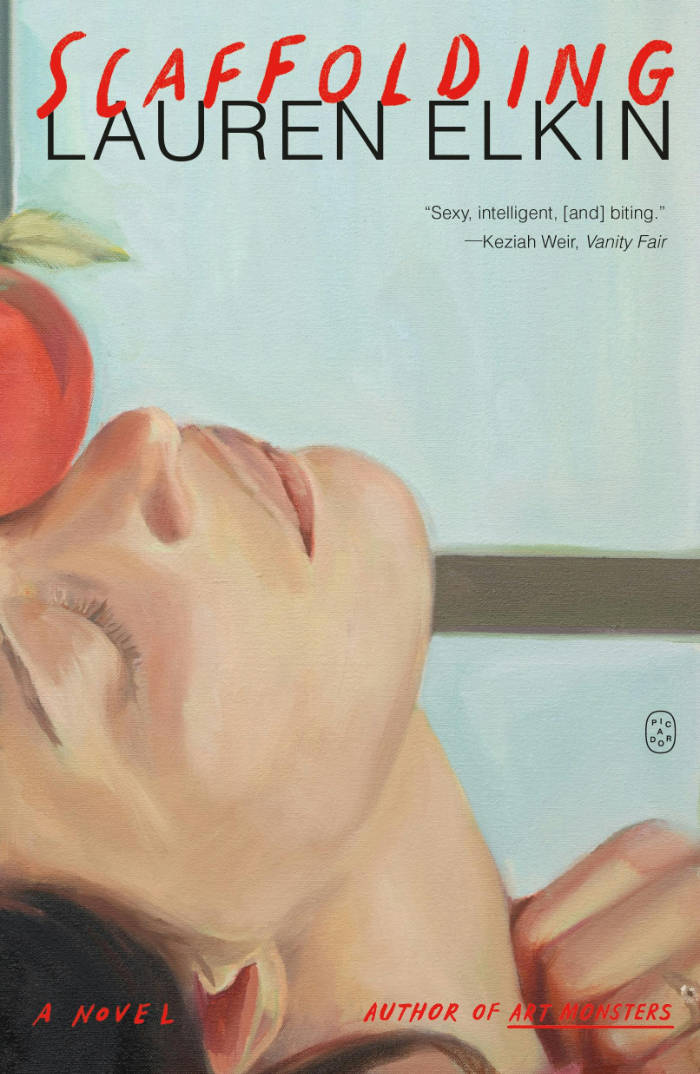
One or Two
Frances Bethune is desperate to lose weight before her husband’s return from India―in just two weeks. On the advice of a bad-breathed spirit, Frances undertakes a slenderizing séance. While she succeeds in her quest for thinness, she is horrified to discover that her discarded weight has taken on a new life of its own. Of this chilling, revolting tale, H.P. Lovecraft raved that Everett "reaches singular heights of spiritual terror." This new edition from Mandylion Press restores Everett’s 1907 masterpiece. It features an original introduction written by Mandylion cofounder Madeline Porsella, as well as a glossary that provides visual, material and affective image footnotes.
Henrietta Dorothy Everett (1851–1923) was born in Kent, England. Between 1896 and 1920, she published 22 books under the pen name Theo Douglas. She was an influential figure in the early days of science fiction and fantasy writing, and was cited in H.P. Lovecraft’s extended 1927 essay "Supernatural Horror in Literature."





